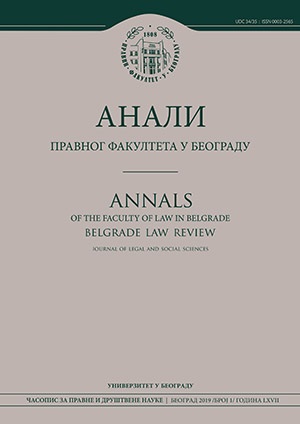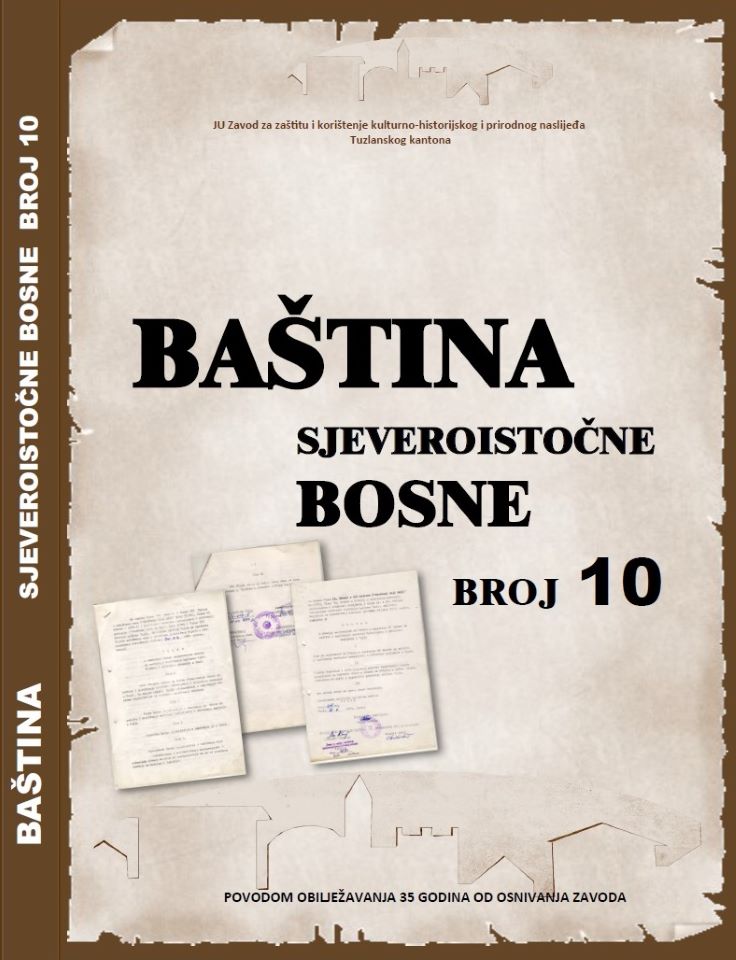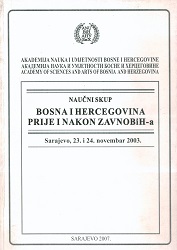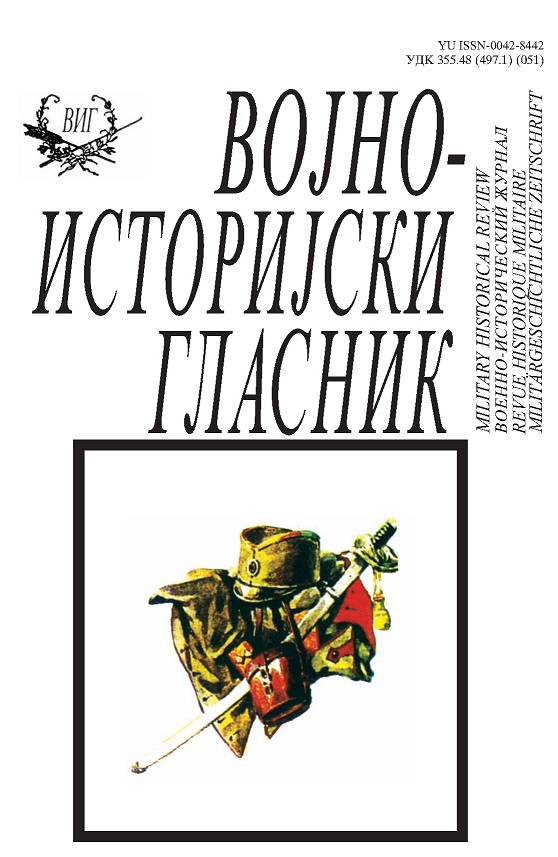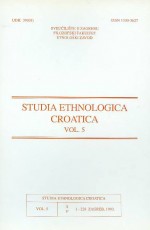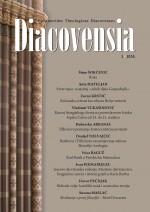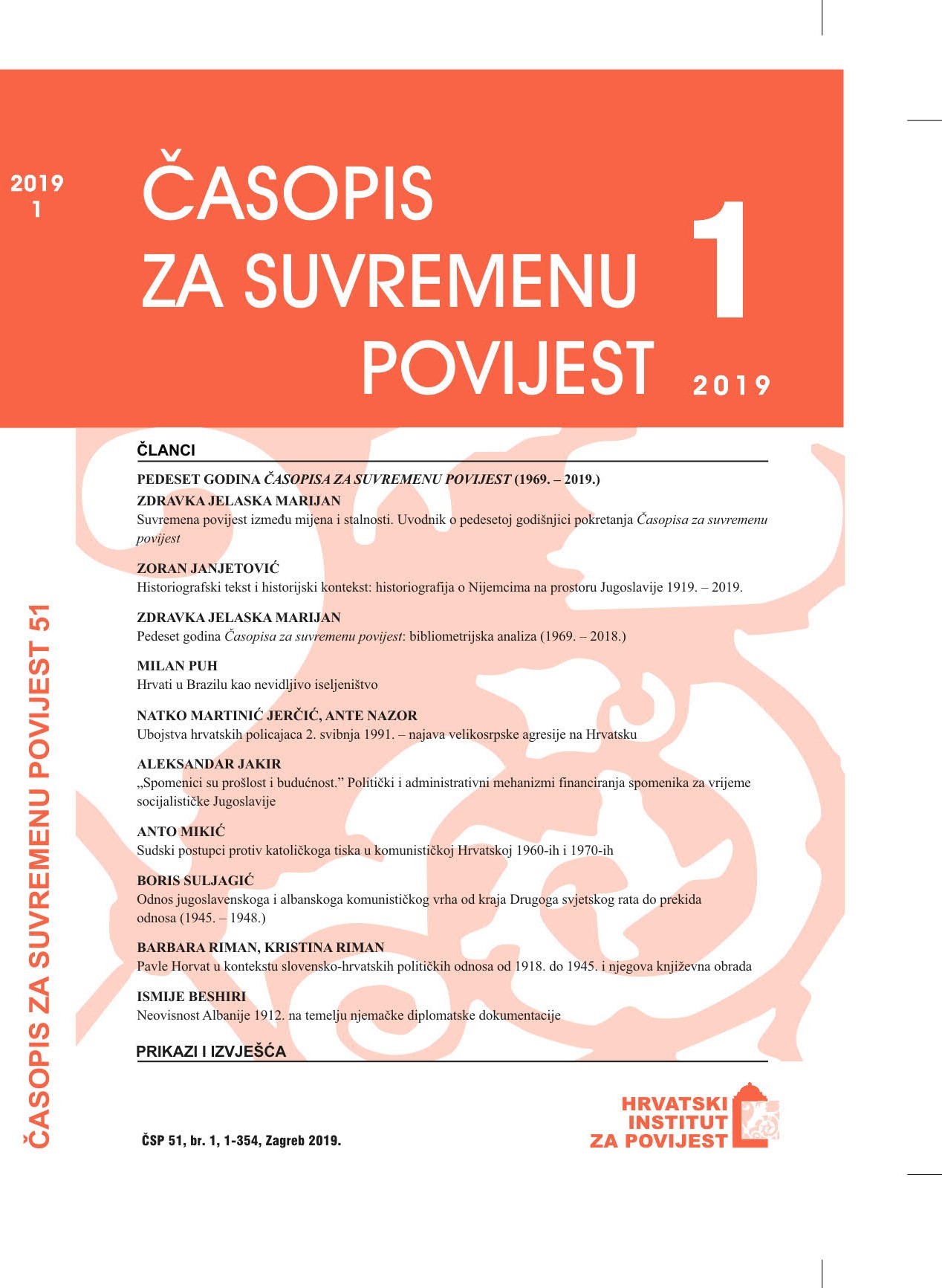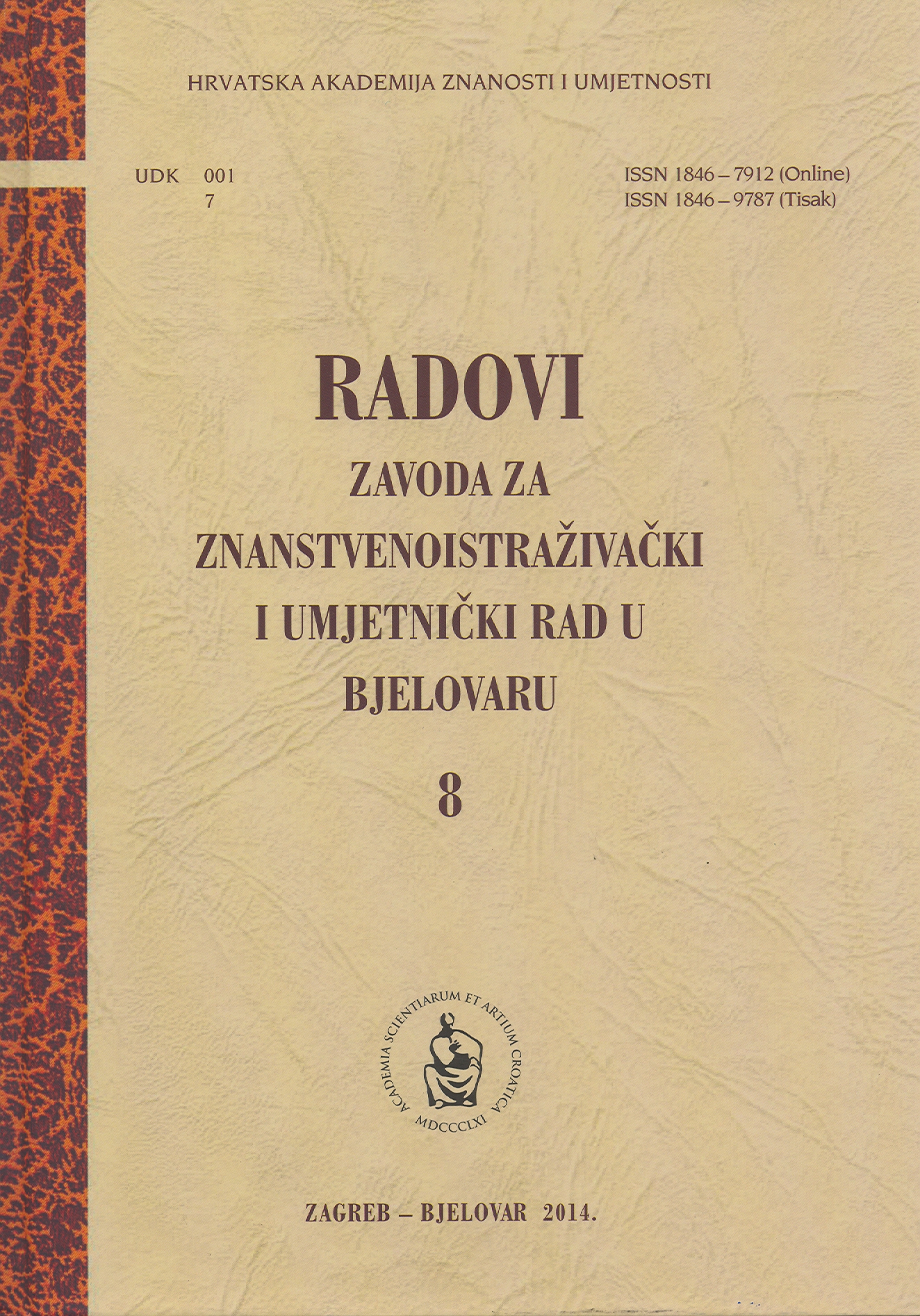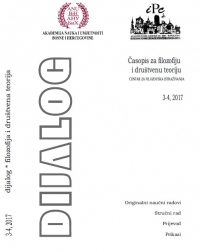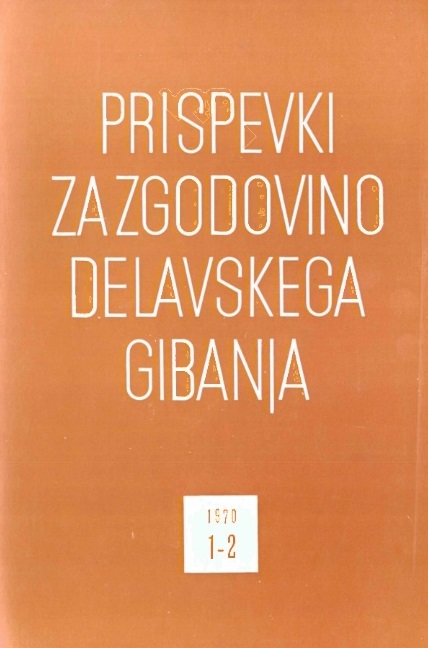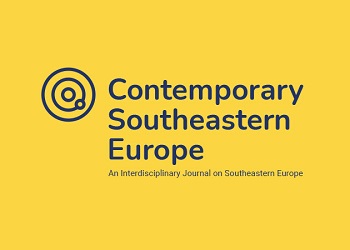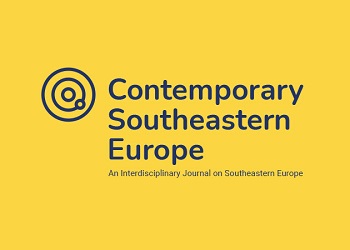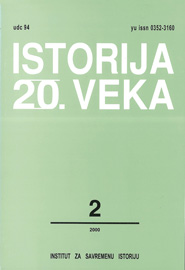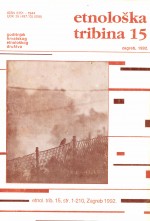
Nažalost, to nije bio samo ružan san. Moj doživljaj rata
Niti sada nisam sasvim sigurna da li je sve to što se u protekloj godini dana dogodilo oko mene bila stvarnost - i da li uistinu i ja imam svoju ratnu priču!? Da li su sve te strahote, stradanja, razaranja, uništavanja, sva ta stravična događanja zaista bila moguća na kraju XX. stoljeća na ovim našim prostorima? Život nije bajka, ali valjda bi svaki svjedok ove naše nesreće želio povjerovati da je to što se do prije nekoliko dana događalo oko nas u Vinkovcima (i još uvijek, nažalost događa drugima) bio samo ružan san!
More...
